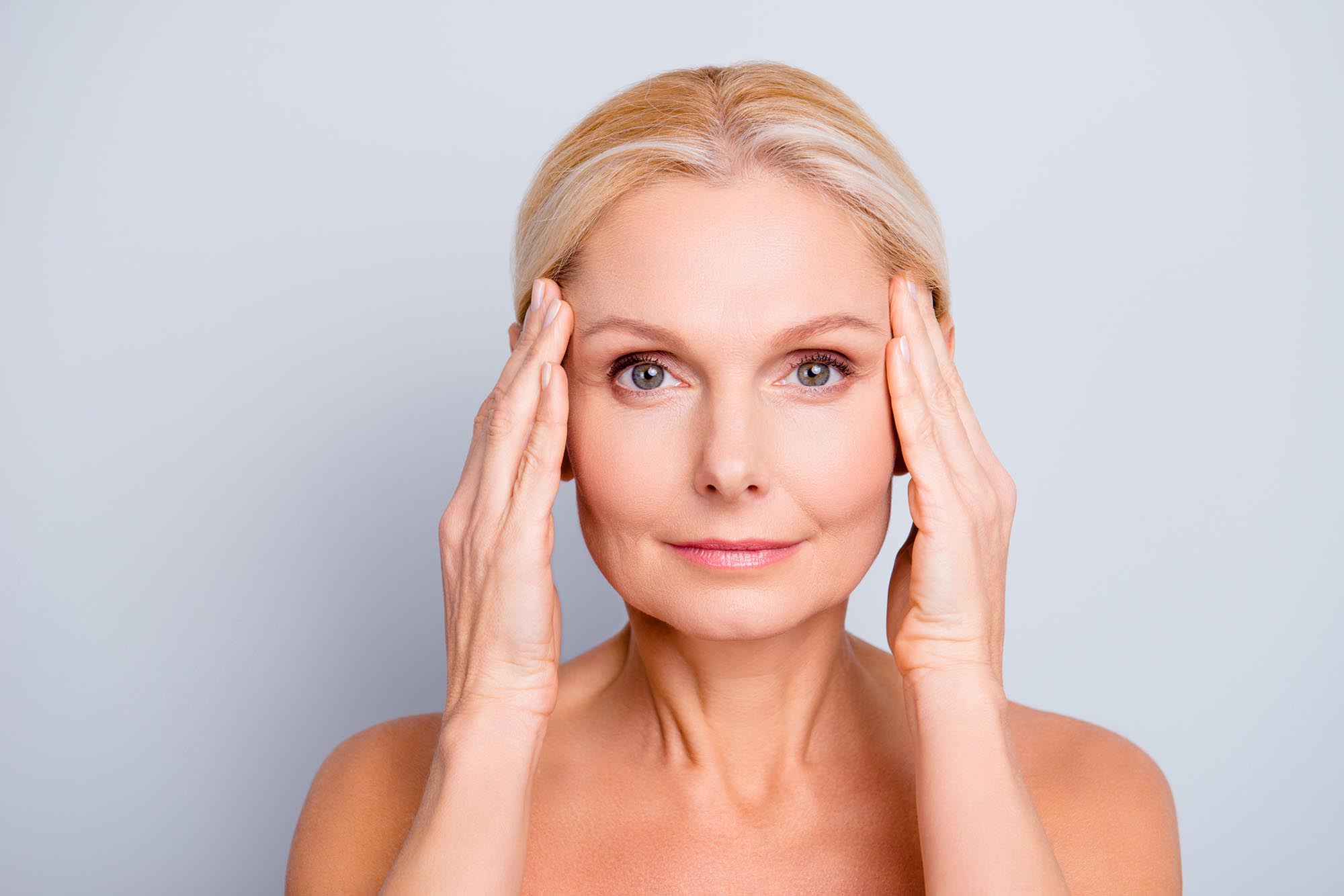Our team can help assess age-related skin concerns and tailor a plan to your goals. Book a consultation to discuss options that may be suitable for you. Suitability, risks and outcomes vary between individuals.
What do you see in the mirror?
Spots that might be Skin Cancer?
If you notice new, changing or non-healing spots, arrange a skin check with a dermatologist. Some lesions require medical treatment and not all are suitable for cosmetic approaches. Your clinician will discuss appropriate management, including benefits, risks and likely recovery.
Uneven skin colour and tone?
Concerns such as blotchiness, pigmentation, redness or visible surface veins can be assessed in clinic. Options may include skincare guidance and/or device-based treatments where appropriate. Your clinician will explain expected timelines and any downtime before proceeding.
Heavy cheeks and loss of volume?
Changes in facial contours can occur with time. We can assess your concerns and discuss suitable pathways—which may include skincare, device-based treatments and, where relevant, referral for other options. We don’t advertise prescription-only treatments by name; these are discussed in consultation if appropriate.
Wrinkles?
Lines on the upper lip, around the eyes or forehead are common with ageing. After assessment, your clinician can outline non-prescription care and, if clinically appropriate, discuss additional options in a medical consultation. Results and duration vary.
Interested in non-surgical facelifts?
Non-surgical approaches may improve tone, texture and the appearance of lines for some people. We’ll review your goals and talk through suitable options (including expected recovery and risks). Specific prescription treatments are not advertised here and are discussed only in consultation if appropriate.
Start with a nurse consult
A consultation with a registered nurse is a practical first step. We’ll review your history and current routine, identify priorities, and coordinate next steps with the appropriate clinician. Recommendations—including risks, benefits, costs and aftercare—are discussed before any treatment.
Or go straight to a dermatologist
Depending on your concerns—such as pigmentation, rosacea, or skin checks—you may prefer to see a dermatologist first. A dermatologist can examine, diagnose and advise on medical and cosmetic management where suitable.
What should I be doing to help?
- Monitor your skin and book a check if you notice changes (new or evolving spots, bleeding, itching, non-healing areas).
- Daily care: gentle cleansing, regular broad-spectrum SPF, and a simple routine suited to your skin type.
- Healthy habits: sun protection, adequate sleep, and avoiding picking/scrubbing that may irritate the skin.
Your clinician will tailor advice and review timing. Outcomes and timelines vary.

